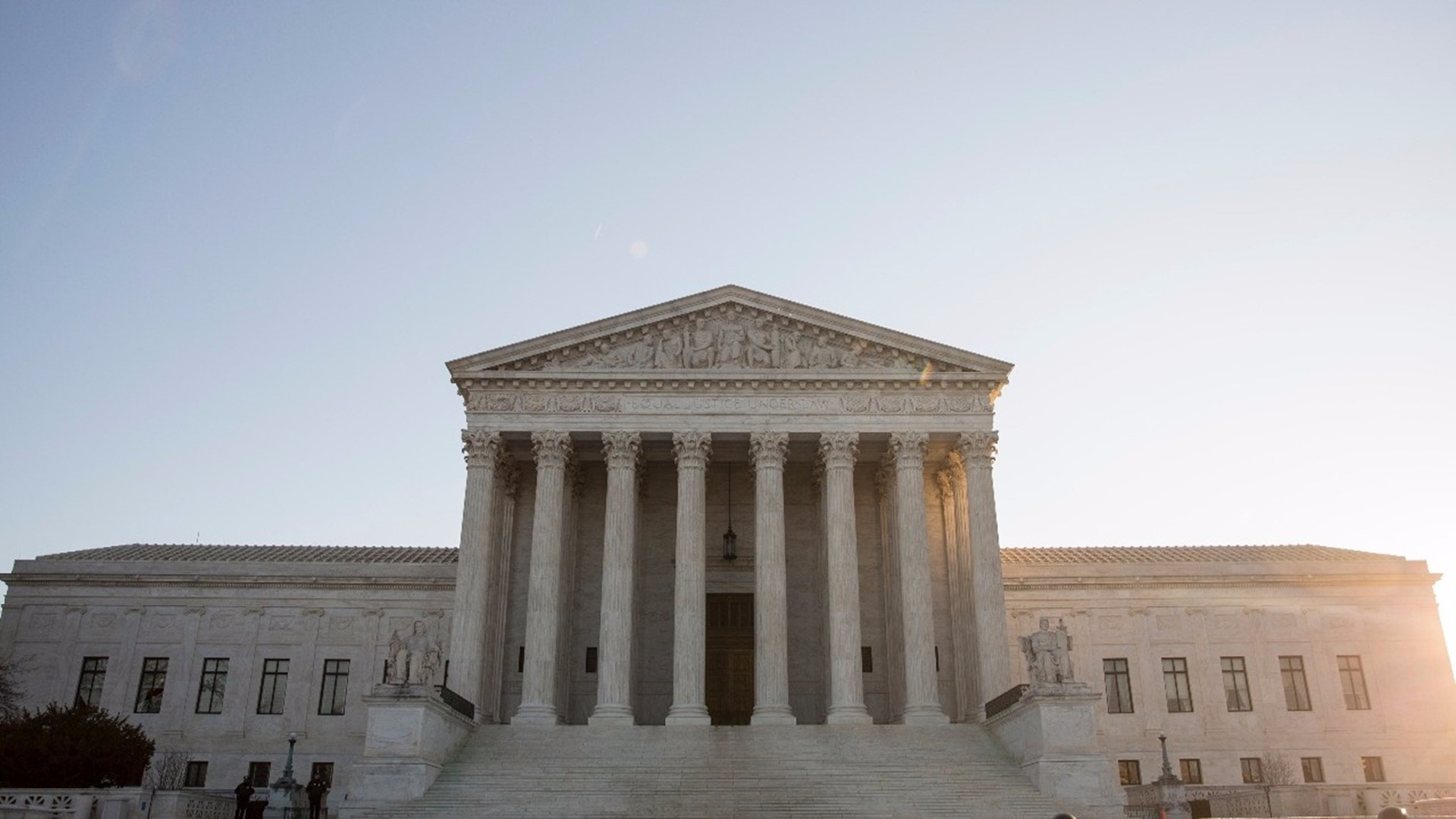GREENSBORO, N.C. — After the Supreme Court made the decision last week to overturn the nation's constitutional protections for abortion, Supreme Court Justice Clarence Thomas called for more changes.
Justice Thomas said the court should reconsider other major rulings involving same-sex marriage, same-sex intimacy, and contraceptives.
But what’s the likelihood this could happen? Local political science experts said there could be a domino effect, but it's best not to panic just yet.
Justice Thomas is known for opposing some major constitutional rulings. He and Justice Samuel Alito voted to overrule Roe v. Wade 30 years ago.
But according to Alito, the overturning of Roe v. Wade last week has nothing to do with future cases.
Roe v. Wade was protected by the 14th Amendment, Due Process Clause. That clause prohibits states from depriving “any person of life, liberty or property, without due process of law.”
Guilford College professor Christian Matheis said this could start the trend downward. “I expect that we will see much more grassroots movements and uprisings. I expect that there will be quite a deal of civil unrest ahead,” Matheis said.
Dr. Denise Nation with Winston-Salem State University said the biggest issue here is the peeling away of rights.
“It’s also concerning, in a sense, that if the court is willing to overturn its own precedent on this particular issue. We have to be cognizant that the court is open to overturning other presidents,” Nation said.
Justice Alito, in the final opinion issued Friday, wrote that Roe and Planned Parenthood v. Casey, the 1992 decision that reaffirmed the right to abortion, were wrong the days they were decided and must be overturned.
Here's what Justice Thomas writes just before the part about reconsidering other cases.
He says, "our decision concerns the constitutional right to abortion and no other right. Nothing in this opinion should be understood to cast doubt on precedents that do not concern abortion," he continues "for that reason, in future cases, we should reconsider all of this court's substantive due process precedents."
That term- substantive due process- comes from the 14th amendment. It essentially established that there are rights not stated in the constitution but are so fundamental that the government must respect them.
What those rights are is up to interpretation. That's how we got the right to same-sex marriage contraception and more.
Justice Thomas argues, "any substantive due process decision is demonstrably erroneous."
Joining Alito were Thomas and Justices Neil Gorsuch, Brett Kavanaugh, and Amy Coney Barrett. The latter three justices are appointees of former President Donald Trump.
Four justices would have left Roe and Casey in place.
President Joe Biden, speaking about the court's decision allowing states to ban abortion immediately, called out Thomas' suggestion.
"He explicitly called to reconsider the right of marriage equality, the right of couples to make their choices on contraception. This is extreme and dangerous path the court is now taking us on,” Biden said.

